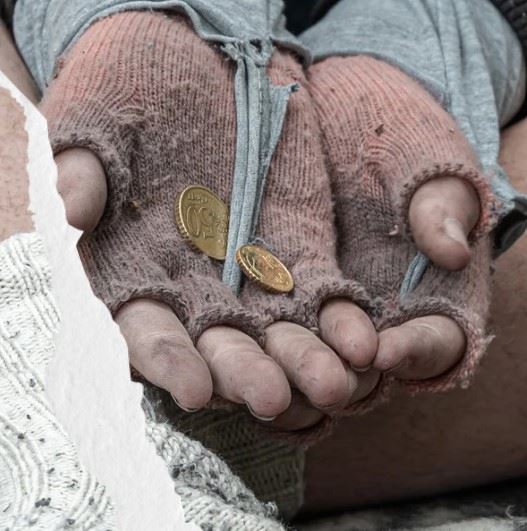 Socioeconomic disadvantage during childhood predicts a myriad of negative outcomes, including lower earnings, poorer mental and physical health, and higher rates of criminal behavior (Cohen et al., 2008; Duncan, Ziol-Guest, & Kalil, 2010). One way disadvantage may exert these effects is by undermining the development of self-control, or the broad capacity to regulate behavior, thoughts, and emotions (Baumeister, Heatherton, & Tice, 1994). Consistent with this notion, disadvantage predicts poorer self-control during childhood (Hackman, Gallop, Evans, & Farah, 2015; Last, Lawson, Breiner, Steinberg, & Farah, 2018; Lengua et al., 2015) and, in turn, lower levels of self-control during childhood and adolescence predict poor short and long-term outcomes (Mischel & Ayduk, 2004; Moffitt et al., 2011). [National Library of Science]
Socioeconomic disadvantage during childhood predicts a myriad of negative outcomes, including lower earnings, poorer mental and physical health, and higher rates of criminal behavior (Cohen et al., 2008; Duncan, Ziol-Guest, & Kalil, 2010). One way disadvantage may exert these effects is by undermining the development of self-control, or the broad capacity to regulate behavior, thoughts, and emotions (Baumeister, Heatherton, & Tice, 1994). Consistent with this notion, disadvantage predicts poorer self-control during childhood (Hackman, Gallop, Evans, & Farah, 2015; Last, Lawson, Breiner, Steinberg, & Farah, 2018; Lengua et al., 2015) and, in turn, lower levels of self-control during childhood and adolescence predict poor short and long-term outcomes (Mischel & Ayduk, 2004; Moffitt et al., 2011). [National Library of Science]
Full article here>
###
